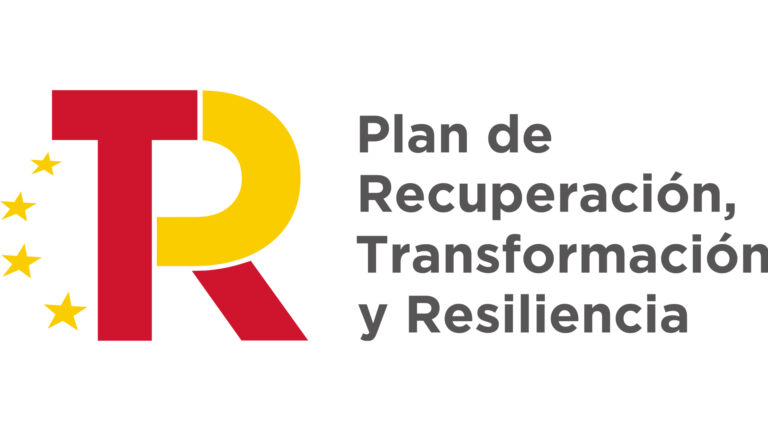The Andalusian dialect: much more than pronunciation
There are more than 500 million people that speak Spanish; however, none of us talk in exactly the same way, in terms of pronunciation, accent, and even in terms of vocabulary. In the Spanish language there are a lot of variations between countries, regions and communities, but there are also more specific and personal variations; like, for example, a unique way a group of friends or family talk to each other. This enriches us greatly and shows us that Spanish is a living language that adapts to the times.
In Spain there exist communities that differ from each other linguistically due to the intonation, accent and also due to the vocabulary, the use of grammatical rules and even the nonverbal gestures. Today we will travel to Andalusia, in the south of Spain. This region has a huge linguistic richness and a particular way of speaking, the influence of which can also be found in some other Spanish regions, like the Canary Islands, or even in Latin America. At first glance, the individuality of Andalusian, as the dialect from this region is called, can seem to occur mainly in its pronunciation. So, when we arrive in Andalusia, we will no longer hear all the implosive s that is pronounced at the end of words or syllables, we will find a multitude of shortened words (pa’ instead of para, po instead of pues…) and in the west, we will hear a j inhaled differently to other linguistic communities, like in Madrid, for example.
But the Andalusian individuality isn’t only to do with pronunciation. In this region we will also find quintessential Andalusian words that are worth knowing and learning. You will find them in the Royal Spanish Academy Spanish Language Dictionary under the label “And.”. So, for example, we find the popular Andalusian word ‘bulla’ which whilst in the rest of Spain means “shouting or noise made by one or more people” in Andalusia it means “to be in a hurry”. For example, the phrase “Corre Antonio, que tengo mucha bulla” means that Antonio has to go quickly because I am in a hurry.
The Andalusian dialect: Nine words that you might not know
With the Day of Andalusia being celebrated on the 28th of February, in today’s blog we want to share with you some typical Andalusian words which you are sure to encounter on your trip to Andalusia or in your Spanish studies. Here we go:
- Sieso: Meaning unfriendly, unpleasant. It is, of course, an insult and in some regions of western Andalusia we encounter the variation ‘malapipa’. Remember not to be a sieso when you travel around Andalusia!
- Noniná: Meaning “come on!” or “no way!” and dating back to the expression ‘no ni nada’. If someone tells you “It’s not very warm today” but you, however, think the opposite, you can respond with “iNoniná!”.
- Cuchi: It is an expression of astonishment, similar to ‘iAnda!’. So if we bump into a friend on the street we can say: “iCuchi! It’s so good to see you, it’s been a while”.
- Espabilao: While it is not an Andalusian word, it is a shortened version of ‘espabilado’ which refers to someone ‘who is very good at noticing and understanding things, performing well when presented with problems and knowing how to make the most of opportunities to benefit themself’, this is certainly what it is used for, unmistakable to an Andalusian as it is very typical of all the provinces of this autonomous region. It is used a lot when we talk about babies that seem very awake and lively: “iQué espabilá está esta nina!” (“This baby is so lively!”).
- Perita: We call someone a perita when we like them, they seem cool, kind, friendly… Well, the complete opposite of a siesto! And we can also use it to describe things or actions, like, for example, iqué perita es ese nuevo restaurante! (That new restaurant is so cool!). This term is typical of ‘boquerones’, another Andalusian word we use for people who live in Malaga. In other provinces we hear other words with the same meaning: canela, flama, etc.
- Miarma: If you go to Seville, you might hear them refer to you as ‘miarma’, which comes from ‘mi alma’ and is used as a vocative: “Carla, miarma, can you order me another beer if you go to the bar?”.
- Pisha: And like in Seville when they call you ‘miarma’, in Cádiz don’t be surprised if they say ‘pisha’ to address you or to get your attention. It comes from the word ‘picha’, which is the colloquial term for penis (‘pene’). Because of that, it’s mostly used with men, although it has become a term that is also used with women.
- Malafollá: It is used to describe an unpleasant person, with a bad temper or often in a bad mood. It is a word made up of two terms: mala + follá. Follá is the abbreviation of the adjective (participle) follada which, according to the dictionary, means ‘having intercourse’ but in this expression it loses part of its meaning and is used as a metaphor. It is a typical term in Granada and is used as an insult.
- Acarojatao: And we finish with this adjective that is used mainly in Cádiz, which refers to someone who is distracted or lost in thought. It comes from the term ‘carajote’ which means slow-witted or dim. In Malaga, for example, instead of saying that someone is ‘acarajotao’ you can say that they are ‘empanao’.
What do you think? Do you know any other Andalusian words that you especially like, any that caught your attention or you have learnt on your Spanish learning journey? Tell us in the comments! We would love to hear them!

Violeta de Rueda
Student Teacher at Entrelenguas
Translated into English by Sophie Gordon



